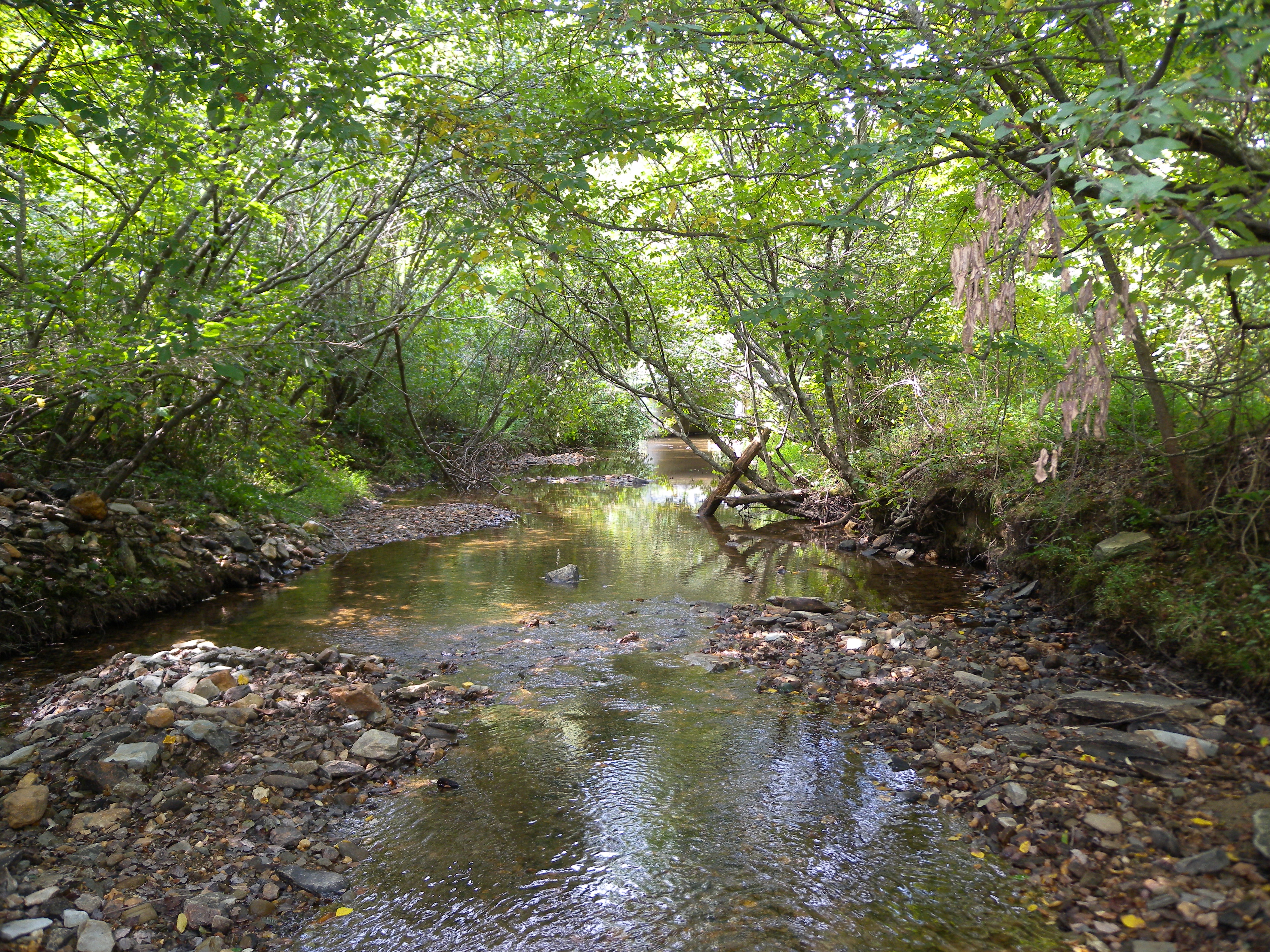The historic Trail of Tears was remembered this week when the U.S. Forest Service and the Conservation Fund completed an effort to protect part the route near the Tennessee-North Carolina border.
"The Trail of Tears is important because it is a part of our history," said Terry McDonald, regional public affairs officer for the U.S. Forest Service. "By protecting and preserving pieces of it, it adds to the protection of the entire trail."
The project began in 2009 when Congress designated the Trail of Tears National Historic Trail, which traverses 4,900 miles over land and water through nine states. The designated land traces parts of the original Trail of Tears route and highlights other important locations from the Indian removal, which began in 1830 with the Indian Removal Act.
The Conservation Fund bought the entire 392-acre property in 2013 and conveyed 170 acres to the U.S. Forest Service earlier this year. The remaining 222 acres were given to the Forest Service on Monday, according to a news release from the Conservation Fund.
Funding for the project came from the Land and Water Conservation Fund.
U.S. Sens. Bob Corker and Lamar Alexander and U.S. Rep. Chuck Fleischmann, all R-Tenn., have supported Tennessee's requests for Land and Water Conservation Fund money. It's a bipartisan federal program that uses a percentage of proceeds from offshore oil and gas royalties -- not taxpayer dollars -- to acquire and protect the nation's natural resources, according to the release.
Corker said in a statement, "I'm pleased key segments of the historic Trail of Tears will be protected, and I thank the U.S. Forest Service and the Conservation Fund for their efforts to ensure this important piece of Tennessee history is appropriately recognized."
The newly protected land will be managed by the Forest Service in conjunction with the National Park Service, the Cherokee and Creek tribes, and other state and local agencies and organizations, according to the release.
Contact staff writer Kendi Anderson at kendi.anderson@timesfreepress.com or at 423-757-6592.

